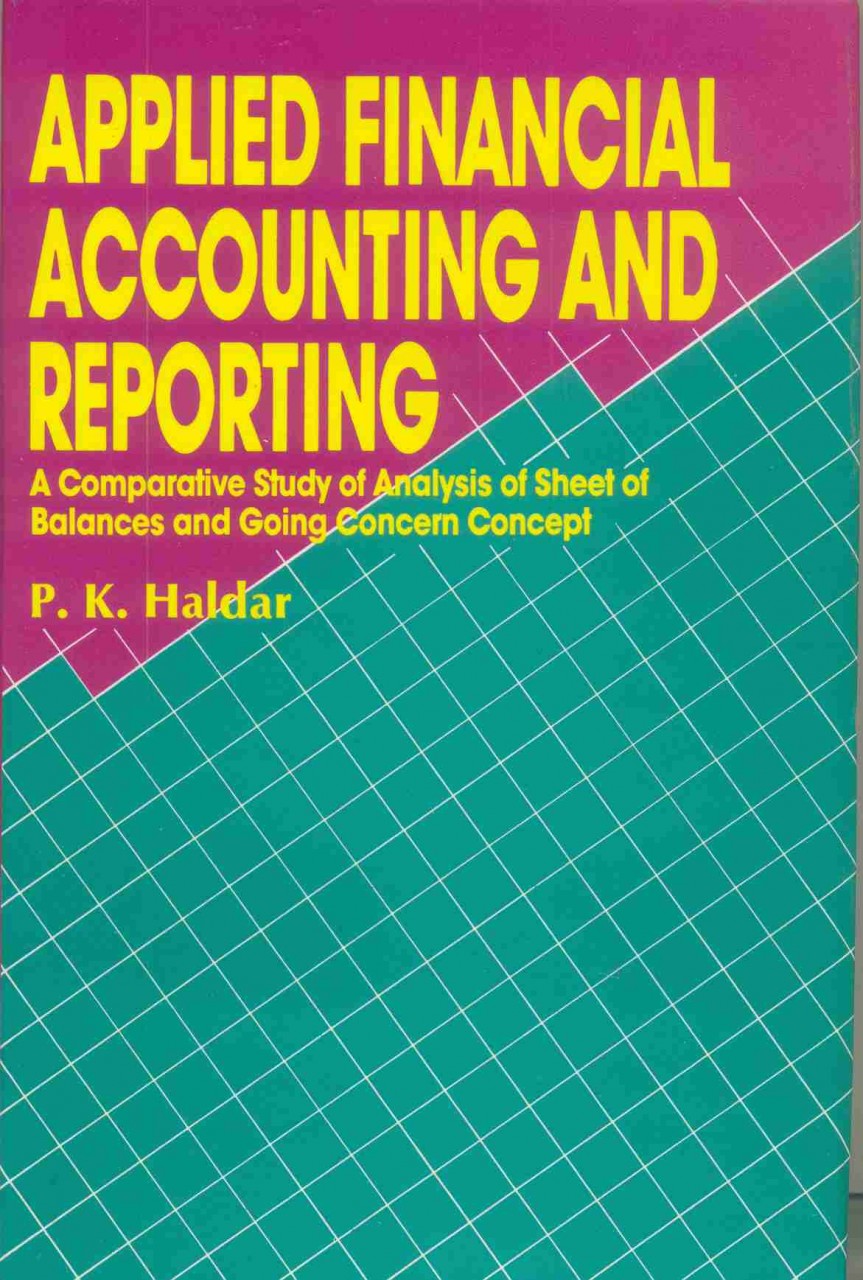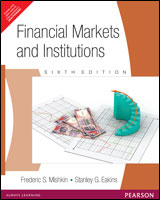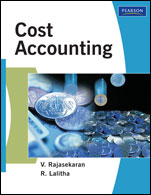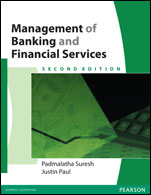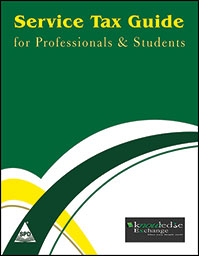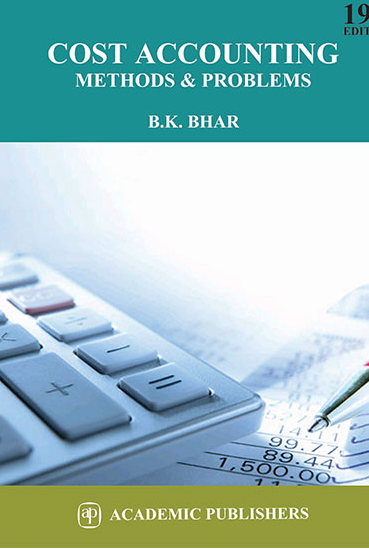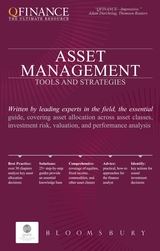Applied Financial Accounting And Reporting
By P.K.Haldar(Author)
Since the early years of the present century there has a major unresolved issue whether Balance Sheet or Profit & Loss Account embodies the most essential elements of financial accounting and reporting. In other words, because of the pervasive influence of conventional proposition and strict adherence to the basis of Hybrid Acquisition Prices, what accounting requirements are essentially be complied with to make the balance sheet as a statement showing the position of business as a whole as a going concern. But, on this issue, the experts, authors and analysts are found sharply to differ on the distinct points of their views. Many of these views, with the passage of time, have turned into concepts and have formed the basis for development of theoretical interpretation of financial accounting and reporting. Of these views, Sheet of Balance and going concern concept of balance sheet are evidently two extreme views. Although every concept is supposed to consists of a co-ordinated set of ideas within the limits of its own defined structure, but they are likely to have their obvious defects beyond that. No agreed framework for accounting and reporting can be developed unless conflict between accounting concepts are reconciled. As a result, the present work attempts for an analytical reconciliation with an object of establishing harmony between them. The pivotal object of the analysis in this present work is to identify the causes and effects of the weakness and sterility of the extreme views of the Balance Sheet for establishing harmony on the assumption that Balance Sheet exhibits financial position of an enterprise and embodies the most fundamental elements of financial accounting reporting.
